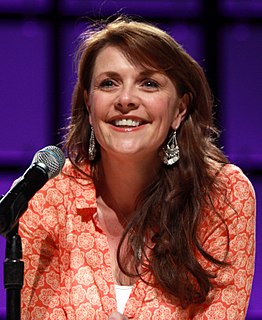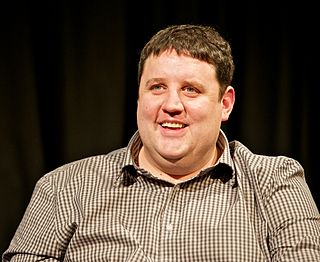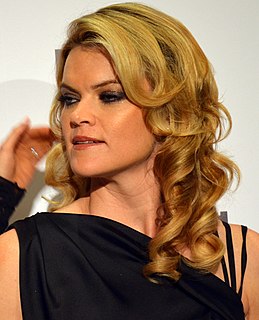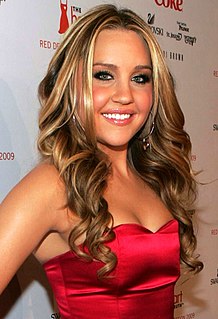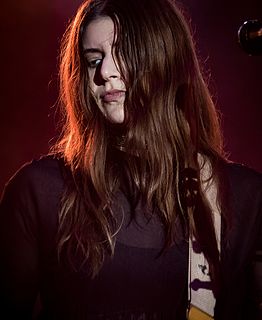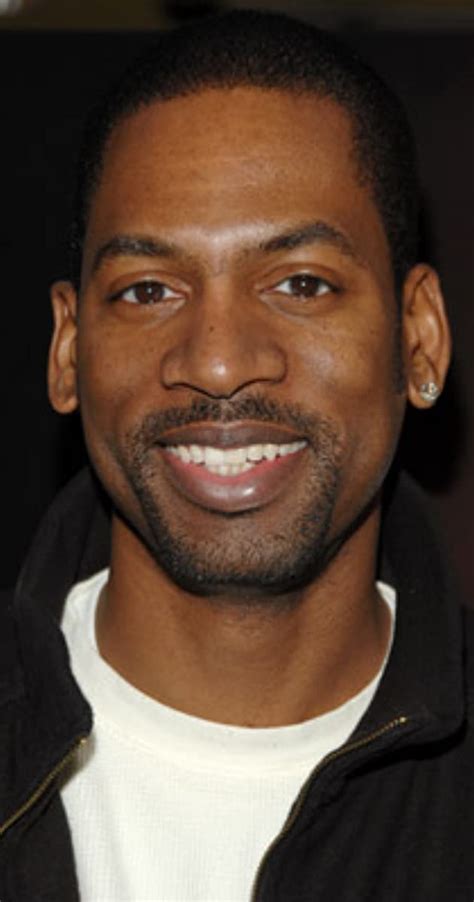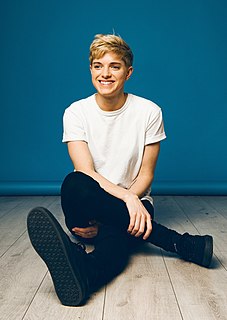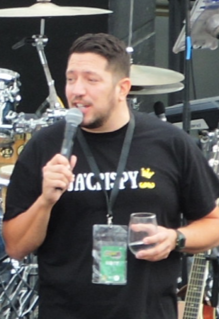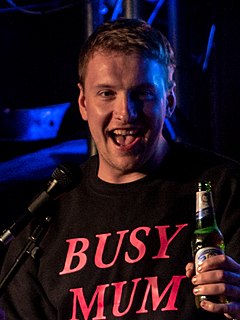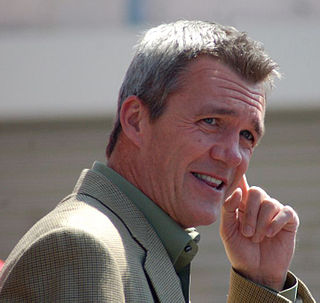A Quote by Amanda Tapping
Comedy is really my passion. I started out way before television doing sketch comedy with other women. Very much along the lines of, at the time it was 'Sensible Footwear', but now it's 'Smack The Pony', 'French And Saunders', that kind of thing. That's how I started out.
Related Quotes
It's really cool to see how many awesome, badass ladies are out there now just doing their thing and putting their foot down, saying, "Nope. You're not going to tell me I'm doing something women shouldn't be doing." It's a scary time but also I think a really important time. I'm happy to see how much girls are responding to a lot of the other powerful big boys swimming out there right now.
'All Def' is unlike any other comedy show or set because 'All Def' goes back to the essence of how urban comedy started. We give it a 'stoop appeal.' A stoop appeal is important for us because it's where pretty much all black comics started doing their standup: cracking jokes on the stoop, in the hood.
I've always loved comedy and growing up it was the comedies that I really responded to. So I don't know how it turned out that once I started acting that I started getting a certain kind of role, that I never saw myself as growing up, so I really love when I get an opportunity to play a [comedian] role.
When I first started doing my comedy act, I just desperately needed material. So I took literally everything I knew how to do on stage with me, which was juggling, magic and banjo and my little comedy routines. I always felt the audience sorta tolerated the serious musical parts while I was doing my comedy.
